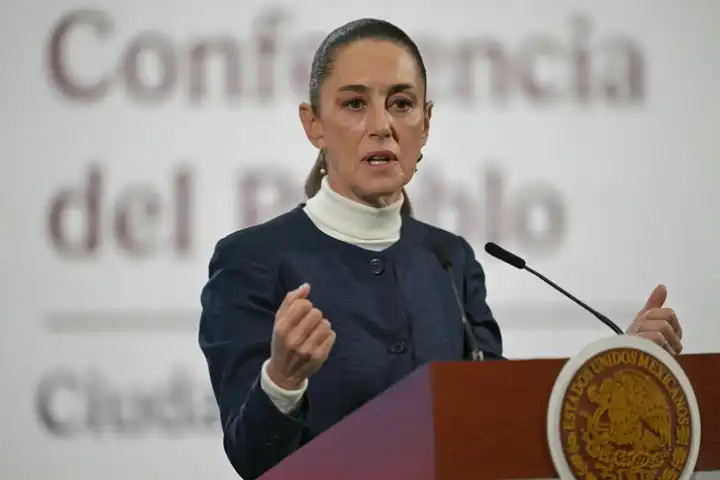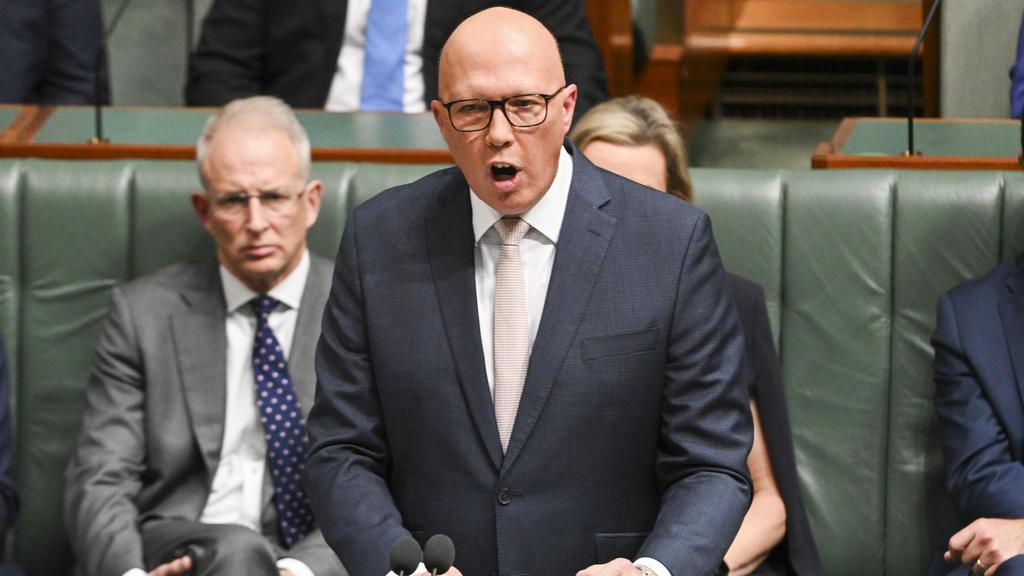President-elect Donald Trump’s pick for the director of national intelligence, former Rep. Tulsi Gabbard, has little experience working with the nation’s spy agencies and a long track record of echoing the Russian disinformation they work to expose and to counter — a combination her critics claim should be disqualifying.
Gabbard, 43, who represented Hawaii as a Democrat from 2013-2021 and ran for the party’s presidential nomination in 2020 before becoming a Republican earlier this year, has been accused of harboring sympathies for the Kremlin and parroting propaganda generated by Russia to justify its invasion of Ukraine.
At the outset of the conflict, Gabbard blamed the Biden administration and NATO, claiming they had provoked Russia’s aggression by ignoring what she called its “legitimate security concerns” about Ukraine potentially becoming a member of the defensive alliance.

In March 2022, Gabbard posted a video to Twitter, now X, sharing what she said were “undeniable facts” about U.S.-funded biolabs in the war-torn country, claiming that “even in the best of circumstances” they “could easily be compromised.”
Instead of trying to cover this up, the Biden-Harris administration needs to work with Russia, Ukraine, NATO, the U.N. to immediately implement a ceasefire for all military action in the vicinity of these labs until they’re secured,” she said.
About the same time, a commentator on Kremlin state media referred to her as “Russia’s girlfriend” and her comments have been featured on the country’s state-run TV programs, along with those of Tucker Carlson, an outspoken critic of U.S. involvement with Ukraine.

Gabbard’s claims closely mirror a false, decade-old Russian conspiracy theory that Washington is secretly funding the development of biological weapons in former Soviet countries, which has been repeatedly debunked by the U.S. and international organizations.
Although she later claimed her comments were about public health research labs in the conflict zone, she also expressed concerns that Ukraine was in possession of biological weapons during an interview with former Fox News host Carlson a few days before taking to social media.
Democrats and opponents of the president-elect were quick to condemn Trump’s choice of Gabbard — who appeared regularly with him in the final months of his campaign.
You really want her to have all the secrets of the United States and our defense intelligence agencies when she has so clearly been in Putin’s pocket?” Sen. Elizabeth Warren, a Massachusetts Democrat, pressed during a recent interview.
Her judgment is non-existent,” Trump’s former national security adviser John Bolton, now a fierce Trump critic, asserted on Sunday.
“The idea that somehow she would be put in charge of this critical function should be giving our adversaries in Moscow and Beijing a lot of relief,” he continued.

But in their criticisms of Gabbard, some Democrats have made their own unfounded claims.
Florida Democrat Rep. Debbie Wasserman Schultz sparked backlash after she claimed Gabbard was a “Russian asset” that would “essentially would be a direct line to our enemies” in a television appearance on Friday.
In 2019, Hillary Clinton suggested, without offering any evidence, that the Russians were “grooming” Gabbard to run as a third-party candidate for president in order to spoil Democrat’s chances of winning the White House. Gabbard refuted the allegations and sued Clinton for defamation, but later dropped her compliant.
If Gabbard ultimately becomes the director of national intelligence, she will oversee 18 U.S. intelligence agencies and play a critical role in determining what material is including in the president’s daily intelligence briefings.
She is expected to face a confirmation battle in the Senate, but some hawkish Republicans in the chamber have expressed tepid support for her nomination.
“While we have differences on foreign policy, I think she’s extremely bright and capable,” South Carolina GOP Sen. Lindsey Graham said in an X post on Wednesday.

Gabbard has taken other controversial stances on foreign policy matters. In 2017, she journeyed to Syria to meet with its authoritarian leader Bashar al-Assad, whose government has carried out numerous deadly attacks on Syrian civilians through the course of the country’s civil war, according to the U.N.
The then-congresswoman said after meeting with al-Assad that he was not an enemy of the U.S. and opposed American intervention in the conflict.
In 2015, Gabbard also defended Russian airstrikes in Syria conducted at the request of the Assad regime, echoing Moscow’s claim that the operation was focused on terrorist targets when in reality it focused on Syrian opposition strongholds.
Gabbard has taken a much softer approach to China than the president-elect, calling on Trump to end his trade war against Beijing in 2019 and expressing her opposition to the remilitarization of Japan, a response to the strategic challenge posed by China.










